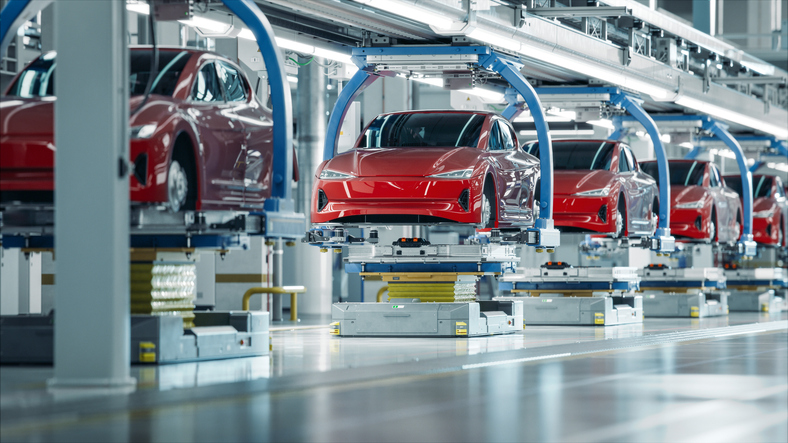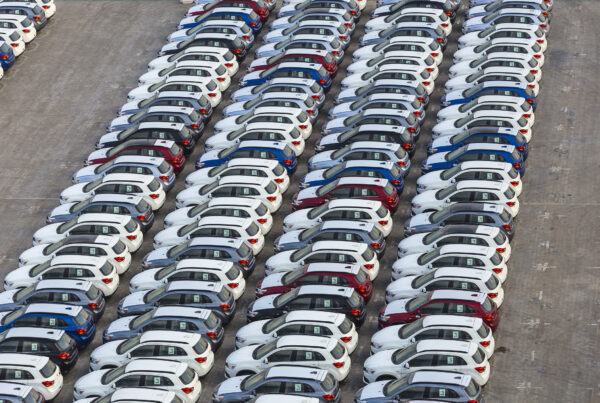Thailand’s Excise Department has urged car manufacturers benefiting from its electric vehicle (EV) promotion policies to start producing crucial EV components locally. They must complete this by 2026. This move aims to boost local production and to support the nation’s growing EV industry.
Ekniti Nitithanprapas, director-general of the Excise Department, said manufacturers must assemble key EV parts locally. These parts include the electric motor, the reducer, and the inverter
Since the government launched its EV promotion measures, auto manufacturers have started establishing production bases in Thailand. So far, these efforts have attracted more than 80 billion baht (3.5 billion dollars) in investments.
Under the EV support measures, companies must produce EVs domestically to balance the number of imported EVs. In the first year, manufacturers must produce the equivalent of 100 per cent of their EV sales locally. If they fail to meet this target in the second year, they are required to manufacture 1.5 times the volume of their EV sales. This policy aims to encourage long-term investment and reduce dependence on imports.
Economic and Environmental Goals
Mr. Ekniti said that promoting domestic EV production supports the government’s goals of economic growth and environmental sustainability. By encouraging companies to build production bases in Thailand, the country can reduce emissions and create new industries.
However, Mr. Ekniti also noted a 30 per cent drop in vehicle tax revenue during the first 11 months of the 2024 fiscal year. Reduced production and sales, along with the excise tax cuts introduced for EVs, contribute to this decrease.
Government Incentives for Battery Production
The government is also providing incentives to boost investment in EV battery manufacturing. Companies investing in module-level production receive an eight-year corporate income tax exemption, while pack-level investments are exempt for five years. Although the EV promotion fund does not subsidise these levels, both eight-year tax exemptions and fund subsidies benefit cell-level investments.
The Excise Department hopes these combined efforts will transform Thailand into a regional hub for EV production, supporting both local businesses and environmental protection.
Did you find this article interesting? Click the ‘heart’ button above to give it a ‘like’!


















